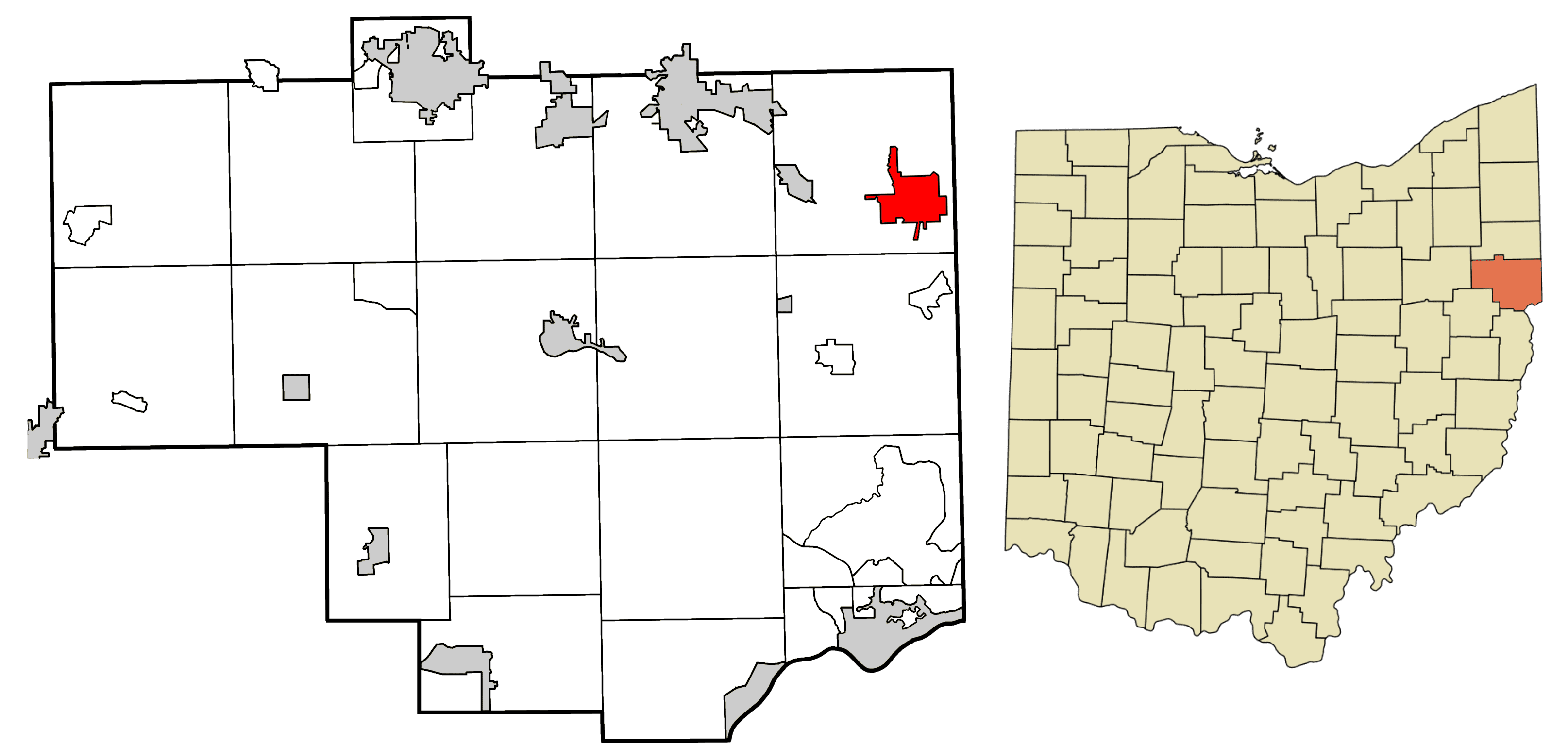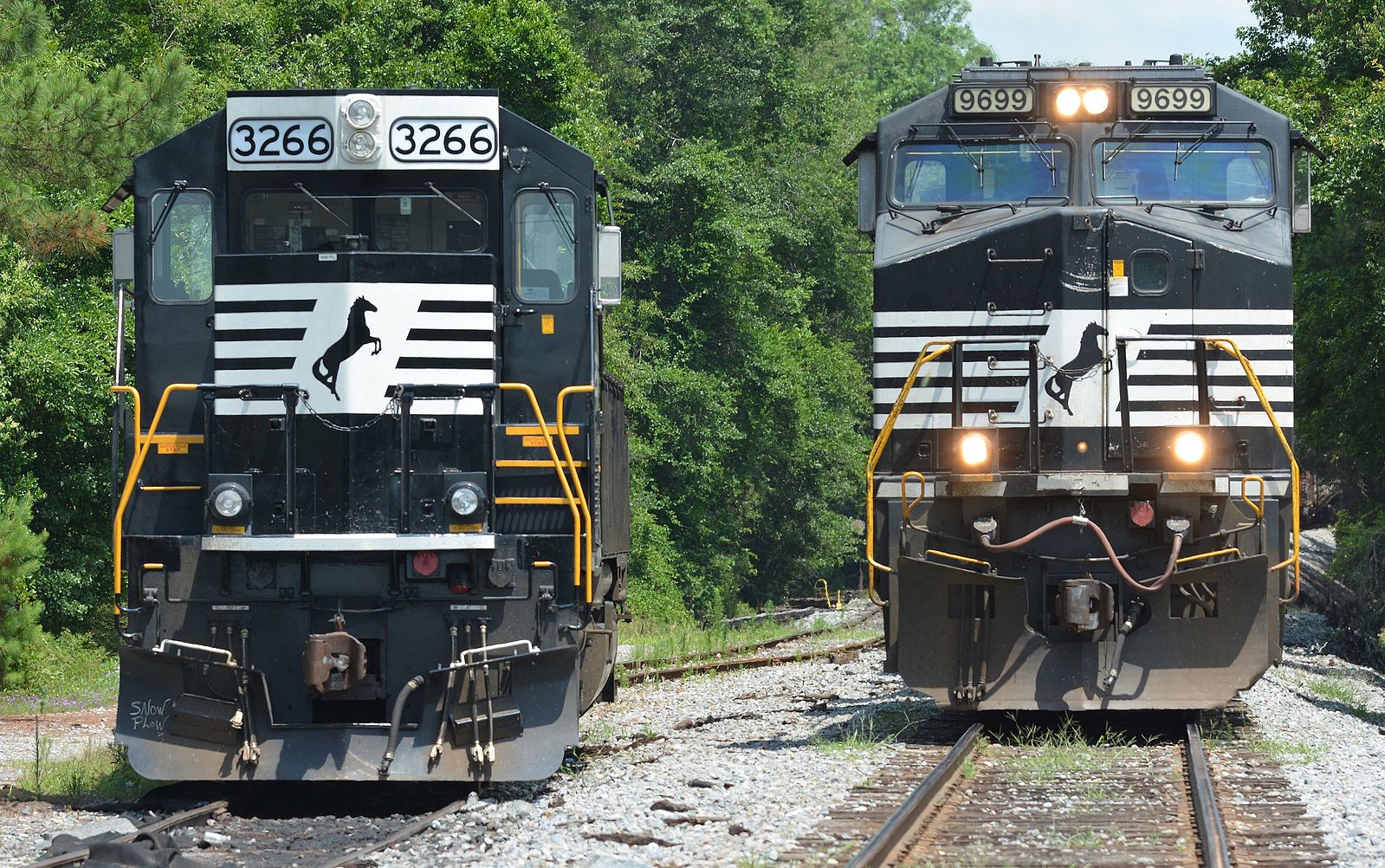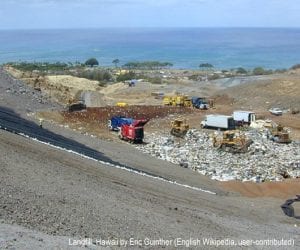If you or I dowsed a local county in hundreds of gallons of toxic chemicals that are known to cause serious health problems in people and animals, we would rightfully face prosecution, enormous fines, and potentially jail time.
If a corporation does the same thing, it can expect to pay a fine that amounts to less than a fraction of a percent of its total revenue. If you’re lucky enough to be CEO, you can pay that small fine and go on to make over $14 million a year.
This contradiction is a perfect illustration of how environmental injustice is perpetuated in the United States, and the recent Norfolk Southern train derailment in East Palestine, Ohio shows us exactly how this happens. Access to money and influence allows powerful groups, especially corporations, to get away with causing enormous environmental problems, while those without that access are left to suffer the consequences with little recourse.

The location of East Palestine is highlighted on these maps of Columbiana County, Ohio (left) and the state of Ohio (right).
What Happened in East Palestine?
On February 3, 2023, a Norfolk Southern cargo train derailed in East Palestine, Ohio and burst into flames. This train, officially labeled by Norfolk Southern as carrying “non-hazardous materials,” in fact contained a range of toxic chemicals like vinyl acetate that are known to negatively impact the health of people, animals, and entire ecosystems.
The effects of this chemical spread were immediately apparent in the surrounding areas. Reports of dead fish and visible contaminants in local waterways emerged soon after the derailment. In the weeks since the disaster, residents have reported mysterious illnesses and rashes in areas where the Ohio EPA assures people that there is no risk of illness from released chemicals. This rural community has also seen the death of livestock and wild animals. Some residents are telling young people to leave and not come back because of fears about the long-term consequences of this chemical spill.
This is the point where we might expect to see Norfolk Southern face harsh consequences for their train derailment, but under current federal guidelines, the maximum fine is $225,455, less than a hundredth of a percent of Norfolk Southern’s total annual revenue. A person with the median U.S. income of $31,133 hit with the same proportional fine would pay less than a cent.
What Is Environmental Injustice in Ohio?
How did it get to the point where it’s possible for a company like Norfolk Southern to get away with little more than a slap on the wrist? As with many environmental injustice examples, it comes down to money.
 Like the rest of the rail industry, Norfolk Southern dedicates millions of dollars to federal lobbying. Since 1998, they have spent almost $80 million to encourage politicians to adopt looser rail regulations, including to axe a provision from the Obama administration that would require superior braking systems on trains carrying hazardous chemicals. Norfolk Southern hasn’t limited its lobbying to just the federal government: Ohio governor Mike DeWine counts Norfolk Southern among his supporters, having received nearly $200,000 in support over the course of his career.
Like the rest of the rail industry, Norfolk Southern dedicates millions of dollars to federal lobbying. Since 1998, they have spent almost $80 million to encourage politicians to adopt looser rail regulations, including to axe a provision from the Obama administration that would require superior braking systems on trains carrying hazardous chemicals. Norfolk Southern hasn’t limited its lobbying to just the federal government: Ohio governor Mike DeWine counts Norfolk Southern among his supporters, having received nearly $200,000 in support over the course of his career.
The power of the rail industry to influence laws means that many regulations are not written with the average American individual in mind, but rather to specifically benefit the companies who stand to make a lot of money when regulations are loose.
Take, for instance, the labeling issue on the Norfolk Southern train, where the company didn’t label the train as containing hazardous materials and consequently didn’t have to pay for more extensive safety features. That’s because the 2015 labeling regulations for hazardous materials contained an exception for flammable gases like the ones seen in East Palestine, though the National Transportation Safety Board recommended against doing so. It’s not hard to imagine why that carveout was included anyway.
Fighting Back Against Environmental Injustice in the U.S.
These skewed, asymmetrical policies can feel like insurmountable obstacles toward a more environmentally just future, especially when you learn that Norfolk Southern averages three toxic train derailments yearly. But the public relations disaster that Norfolk Southern now contends with is actually a sign of good things to come, as more and more people are aware of the ways that money affects our ability to enforce consequences for the corporations that are our biggest polluters.
Achieving true environmental justice will require significant effort and extensive revision of our environmental policy, but disasters like the train derailment in East Palestine serve as stark examples of exactly what we are working to protect.
Image credits: Map of East Palestine (Columbiana County Ohio incorporated and unincorporated areas East Palestine highlighted by 636Buster is licensed under CC BY-SA 4.0); Norfolk Southern trains (Norfolk Southern locomotives by Jud McCranie is licensed under CC BY-SA 4.0)




